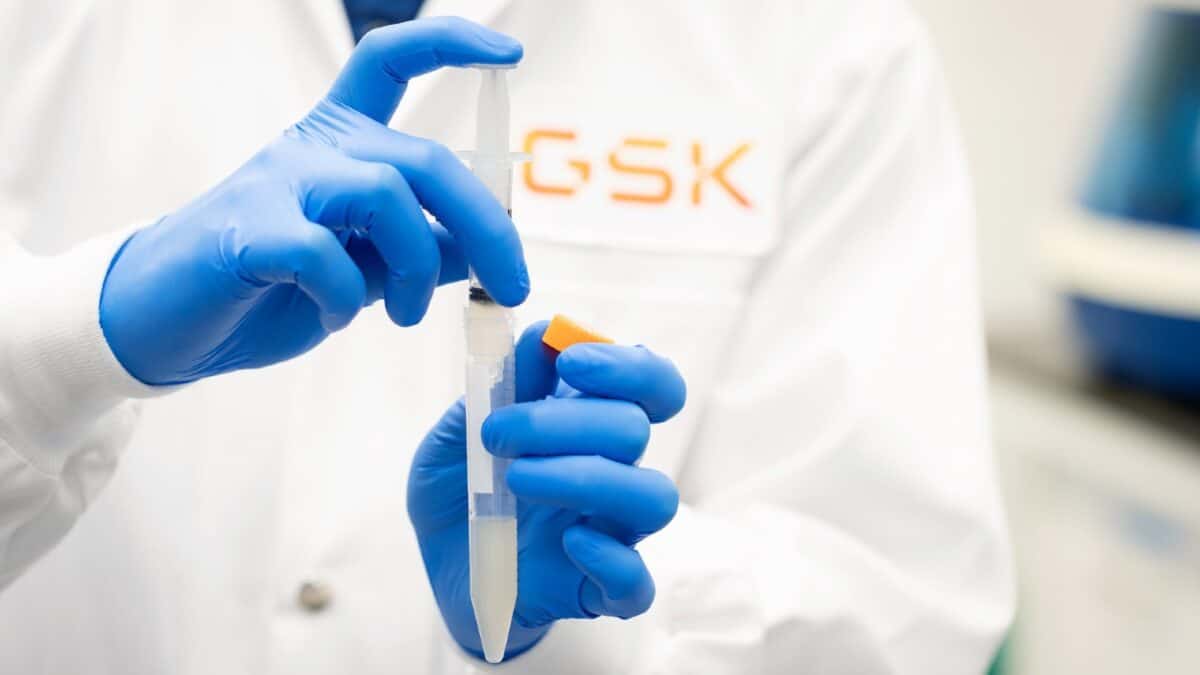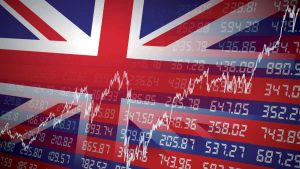GSK’s (LSE: GSK) share price action raises the classic investor question for me of how to proceed. Should I keep my holding, maybe even add to it, or sell out?
Why is it down?
The first thing I need to do is to work out why it has dropped 15% since its 15 May 12-month traded high of £18.12.
There are two reasons that I can see. First, a US court ruled on 31 May that 70,000+ lawsuits can move forward to trial. These allege a connection between GSK’s Zantac drug and cancer. This raises the risk of very high compensation awarded against GSK if its further appeals against the action are unsuccessful.
And second, 26 June saw the US Centers for Disease Control and Prevention (CDC) no longer recommend Arexvy RSV vaccine for people under 60.
Earlier in the month, the US Food and Drug Administration had approved the use of this vaccine for those aged 50 to 59. It is the first shot endorsed for that age group.
Nonetheless, the CDC’s decision is likely to reduce Arexvy sales, unless it changes its view. GSK had expected the vaccine to generate annual sales of more than £3bn.
Are there any offsetting factors?
My experience as a former investment bank trader tells me that I should not assume either of these negative factors will improve. If they do, it will be a bonus.
So, what else is there in GSK that might offset these negative developments over the long term?
Its Blenrep drug was found on 7 March to help in extending life in plasma cell cancer patients. Citigroup analysts expect around £2.5bn of peak risk-adjusted sales of the drug.
Its full-year 2023 results — before the latest Zantac and Arexvy developments – contained upgrades in its long-term outlook.
Adjusted operating profit was forecast to grow at a compound annual rate of 11%+ to 2026 on an annual sales rise of 7%+. By 2031, it expected sales of more than £38bn.
No new financial statement has been released regarding the impact of the Zantac and Arexvy news. However, GSK will announce its Q2 2024 results on 31 July.
Relative share valuation now
Its shares trade on the key price-to-earnings ratio (P/E) at 13.7. This is the lowest among its peers, which have an average P/E of 29.9.
This group comprises Johnson & Johnson at 21.3, Hikma Pharmaceuticals at 28, Hutchmed at 31.8, and AstraZeneca at 38.4. Consequently, on this basis, GSK looks very undervalued.
Moreover, analysts’ estimates currently say GSK’s earnings will grow by 12% a year to end-2026.
So what’s my play here?
It was always hammered home to me as an investment bank trader never to buy into a fast-falling asset. That advice has served me well, so I will not buy more GSK shares right now.
That said, as a long-term investor now I am aware that fundamentally solid stocks – and I see GSK as one – will likely do well over time. So, I will not sell my holding either.
In sum, I will hold my GSK position and see what happens from here, especially with the Q2 results on 31 July.
This post was originally published on Motley Fool







